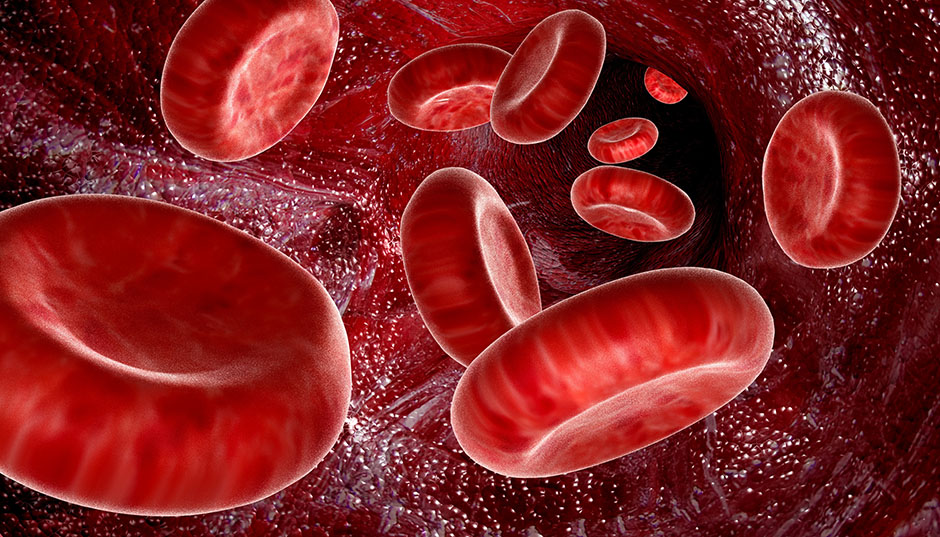Nanotechnology is a scientific revolution on the scale of the infinitely small. To put it into perspective, the ratio of a nanoparticle to the size of an orange is the same as that of an orange to the size of the Earth. McGill University professor Thomas Chang and the members of his research team are the modern explorers of nanomedicine. They are aiming for the impossible: the construction of completely artificial cells that can supplement, or even replace, original cells.
These cells could help save millions of lives.
Thomas Chang began his research more than 40 years ago with the development of a microencapsulation process that made it possible to transport molecules inside artificial membranes (capsules) in such a way as to mimic certain functions of living cells. In theory this technology can be applied to every type of cell in the human body. The applications of artificial cells are endless: they can supplement deficient cells, deliver drugs to target cells, and even detoxify the cells.
This revolutionary technique paved the way for the creation of the first artificial blood cells that can transport oxygen by means of the haemoglobin molecules contained within their artificial membrane. This synthetic blood is now routinely used for blood transfusions in Russia and South Africa. Thomas Chang is currently working on a third generation of cells with three of the functions of red blood cells: the transportation of oxygen and carbon dioxide and the removal of oxidized particles.
These blood cells have the advantage of being free of any bacterial or viral contamination, and can be stored for much longer periods than natural cells, and under more varied conditions. For example, they can be kept at room temperature in an ambulance for several hours. In addition, it is no longer necessary to carry out the usual blood tests required before every transfusion.
Thomas Chang has been voted The Greatest McGillian in recognition of the excellence of his work. He has also received many international awards including the Outstanding Research Award of the International Academy of Nanomedicine.
As for their impact, these cells could help save millions of lives. One need only think of the high demand for blood during natural catastrophes, military conflicts or traffic accidents to understand their potential usefulness. In addition, their ease of storage solves several of the technical problems encountered when providing medical care in remote regions.
Despite these promising applications, the first transfusion of artificial blood on Québec soil will not be happening any time soon. Thomas Chang must now commence clinical trials. He is looking into the commercial aspect of his research and has begun discussions with pharmaceutical companies.




